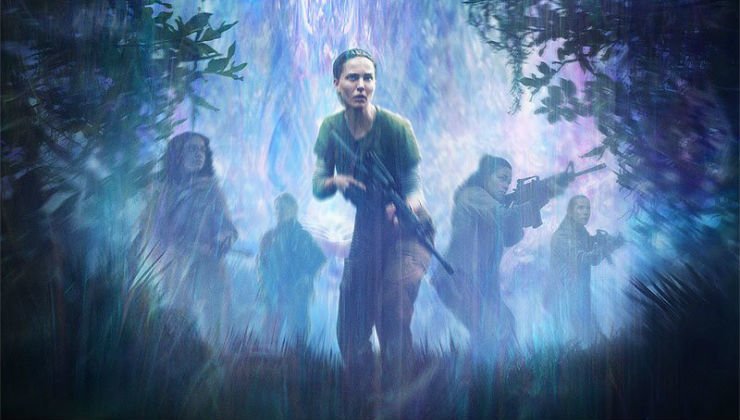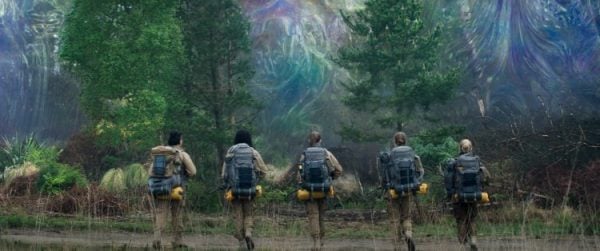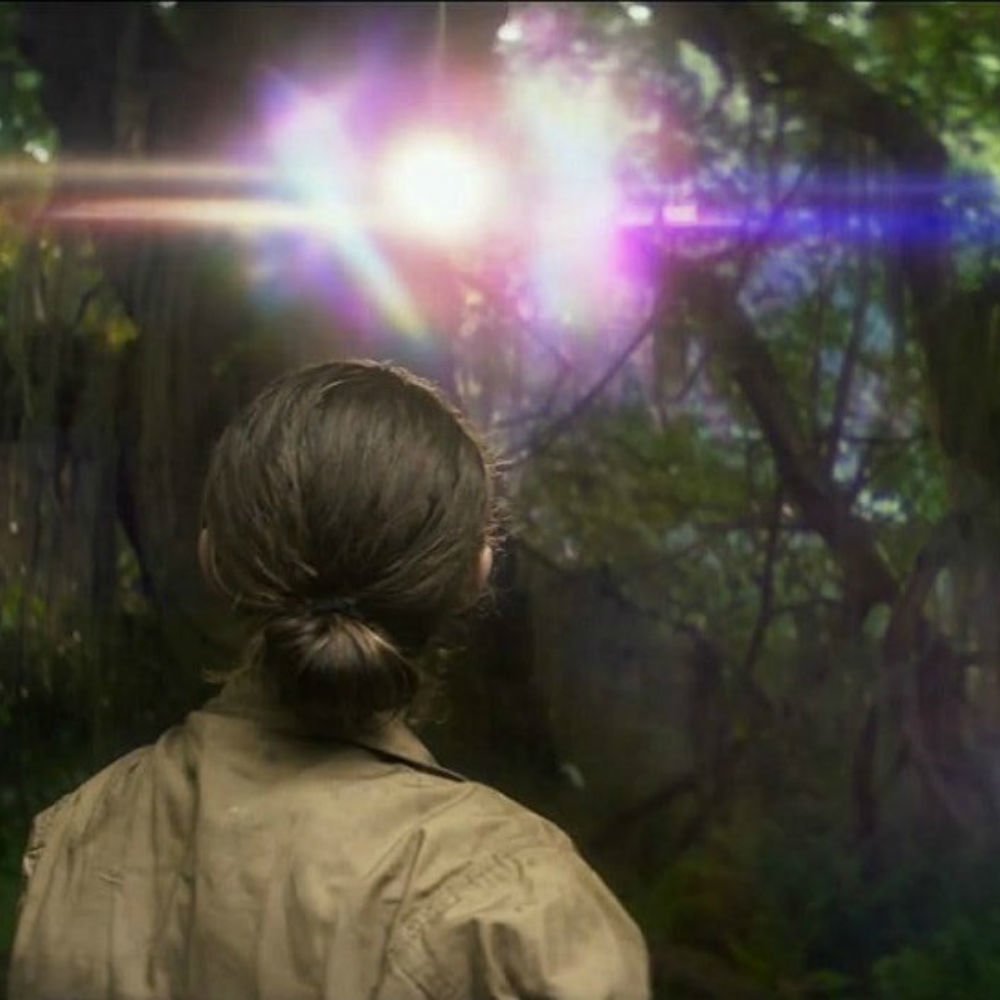
Welcome to ‘Should I Check Out…” a new weekly column here at ScienceFiction.com dedicated to giving you the scoop on recent TV series, movies, games, novels, comic books, and more – entertainment that you may not have heard of or may not have had the chance to explore yet. We’ll explain a bit about what the property is, what you might get out of it, and what you might not know about it, so you can be armed with more knowledge as you ask yourself the question: should I check out this stuff… or not?
Take a look at what we’re writing about this week, and if you’ve already checked it out, let us know in the Comments section below what you think about it!
When it bounced around multiple release dates before finally falling on the schedule for a February 2018 theatrical release, the general assumption was that ‘Annihilation,’ the sci-fi film directed by Alex Garland and based on the Jeff Van Der Meer book of the same name, didn’t earn the confidence of distribution company Paramount of being a “good” film that would please audiences. Indeed, Paramount execs asked for the film’s tone to be made lighter and the ending to be changed, following a poor test screening, but producer Scott Rudin defended Garland and the film, and no changes were made. In response, Paramount elected to release the film theatrically only in the United States and Canada and struck a deal with Netflix to distribute the movie worldwide elsewhere.
‘Annihilation’ essentially broke even at the box office, making $42 million against a reported budget of $40 million – but the film received high praise from critics and audiences alike. Thank goodness for Rudin and his team to stay strong and defend Garland’s version of the film, as it created a unique film in its presentation: visually gorgeous, with a plot that felt both painfully simple and emotionally elaborate at the same time. The fact that the film version – particularly its conclusion – is so markedly different from the novel’s story is, I believe, a significant benefit.

The film opens with Lena (Natalie Portman), a biologist, being questioned about her recent experiences. The film is told in semi-flashback form, as the audience is exposed to Lena “remembering” the events that happened. The events in question begin with her husband, Kane (Oscar Isaac); a military man, Kane went missing on a secret operation about a year ago, and is presumed dead due to the nature of the mission in question. Where Kane went, no one comes back.
Except – he does. After over a year, Kane mysteriously reappears in his home, surprising Lena. He has no memory of where he was or how he got home, and clearly is not acting like himself. Lena takes him via ambulance to the hospital, but they are stopped on the way be the government.
Sedated and separated, Lena comes to in a military facility. Due to her high stature in her field and the need to continue the mission in question, Lena is asked to travel into “Area X,” a section of the Florida swamplands that is undergoing some sort of radical change – and it’s also the area where Kane and his team disappeared months ago. Area X has essentially become an environmental disaster zone, bordered on all sides by “the Shimmer,” an iridescent outer barrier of the zone that is continually expanding.

Communication within the Shimmer to the “outside world” is not possible. The government has tried sending in several military teams, all without success; now, they’d like to shift their focus and try a scientific team; a team comprised of all women. In addition to Lena, the team will be comprised of psychologist Dr. Ventress (Jennifer Jason Leigh), physicist Josie Radek (Tessa Thompson), anthropologist Cassie Sheppard (Tuva Novotny), and paramedic Anya Thorensen (Gina Rodriguez).
To speak more on the plot details of the film would be to give away the exquisite nature of Garland’s interpretation of Van Der Meer’s work – a book-to-film adaptation that was done intentionally in a unique and non-linear fashion, so as to let the film stand on its own accords. As Garland himself has said, he modeled his version of the film as a sort of “dream” of the book. I read and thoroughly enjoyed Van Der Meer’s novel (the first of a trilogy, all of which have now been released) – and I am appreciative of the changes that have been made for the film as well. If you have read the book before seeing this film, you need to reset your expectations going into your viewing.
I listed ‘Annihilation’ as the Best Science-Fiction Film of 2018 in my end-of-year feature piece here on the site, and I absolutely stand by that assertion. Beautiful, haunting, complex, and open to interpretation. ‘Annihilation’ flew under several radars and, in my opinion, quietly became an amazing work of art, one that is definitely worth the time for you to check out.
Got a recommendation for a movie, show, book, game, comic, or otherwise that we should feature? Send an e-mail to tony@tonyschaab.com or tweet @tonyschaab and let us know all about it!
